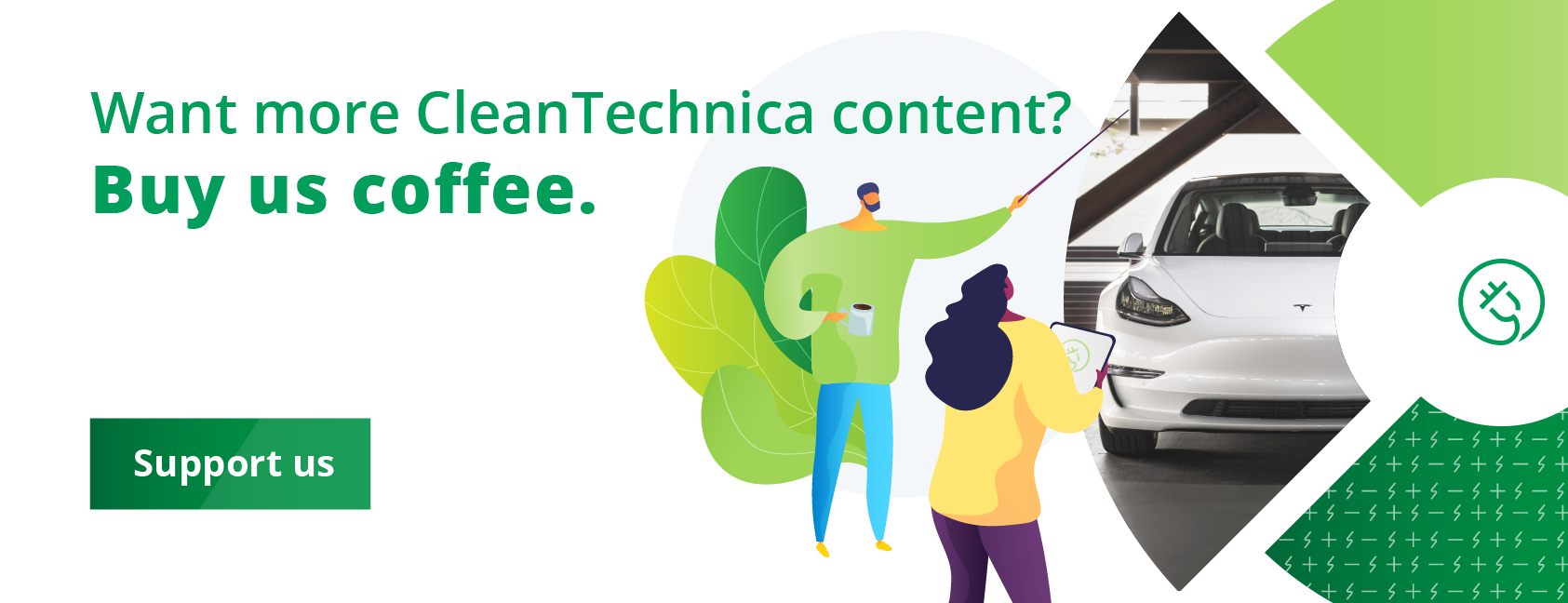
Right to repair laws attempt to protect consumers from rapacious manufacturers who seek to force customers to use their factory authorized service providers to fix products that no longer work properly. It can apply to any device that is operated by computer software, whether it’s a car, smartphone, or other device.
The problem is, almost all manufactured products today use computer systems and they all have to interface with each other if the product is to work correctly. Modern automobiles use computers to operate almost every function. If your windshield wipers or headlights come on automatically, a computer is responsible. Traction control, emergency braking, blind spot detection, lane centering — even steering and braking — are all controlled by computers.
Manufacturers today believe they, not customers, own the software in their products. They force customers to agree to onerous terms and conditions. They pack it all into End User Licensing Agreements that only highly trained lawyers can interpret. Those agreements often state that if you the customer do anything that violates the agreement, the company can void your warranty. Thanks to the wonders of wireless technology, companies can disable products over the air, rendering them useless.
A lot of it has to do with money, of course. BMW is not alone, but it is leading the way toward software-enabled upgrades that can generate post-sale revenue for the company. For instance, in some markets, drivers must pay a subscription fee to activate the seat heaters in their cars.
There are services available, if you know where to look on the internet, which will do the same thing for a flat fee rather than via monthly subscription charges. But if you use such a service, will that invalidate your warranty? Do you want to take that risk?

Image courtesy of Pep Boys
Independent repair shops like Midas, Pep Boys, and Firestone are upset because manufacturers won’t sell them parts, particularly if there is a software function involved. A common example is the sensors that report tire pressures to the dashboard. Federal law in the US requires so-called tire pressure monitoring systems, but manufacturers can have their own proprietary sensors. The only place you can get them is at a dealer.
Right To Repair In Massachusetts
Under pressure from those independent repair shops, Massachusetts enacted a right to repair law in 2020 that requires manufacturers to make parts, repair manuals, and diagnostic tools available to those independent shops. Without that law, Manny, Moe, and Jack at your local Pep Boys store would be out of luck.
NHTSA told the manufacturers to ignore the law, citing concerns that hackers might gain access to the various computers in cars and make them do unintended things, like swerve into the opposite lane or fail to stop properly. Some may think that is a silly idea but there have been instances where such things have happened. Aviation safety officials know that they can control airplanes remotely if there is an emergency in the cockpit but are petrified unauthorized people could hack the system, causing planes to crash.
But NHTSA reversed course this week and now approves of the Massachusetts right to repair law, with one important proviso. Any digital communications can only be done via short range wireless connections like Bluetooth, not over-the-air links that could be intercepted by anyone within range.
The situation was resolved by a little-used technique these days — face-to-face communications. NHTSA and Massachusetts officials actually sat down to talk with each other, and now everything is hunky dory. According to Reuters, the Massachusetts attorney general’s office said it appreciated “NHTSA’s clarification today that our state law is not preempted by federal law.” Automakers now must comply with the state law, the office said. NHTSA said automakers should be allowed “a reasonable period of time” to put the technology in place.
The Alliance for Automotive Innovation, a trade group representing major automakers, including General Motors, Toyota, and Volkswagen, declined to comment, but had previously argued the state law would require automakers “to remove essential cyber-security protections from their vehicles.”
Senators Elizabeth Warren and Ed Markey, both Democrats from Massachusetts, criticized NHTSA in June, but said Tuesday’s decision to allow the law to be enforced will help “ease burdens and lower costs for Massachusetts drivers.” It is understood that the White House competition council engaged behind the scenes to help reach a resolution, a senior administration official told Reuters.
Apple Embraces Right To Repair In California
California has also been pushing right to repair laws that have been vigorously opposed by Apple. But this week, after more face to face discussions with California lawmakers, Apple has embraced the law, with certain safeguards.
“Apple supports California’s Right to Repair Act so all Californians have even greater access to repairs while also protecting their safety, security, and privacy. We create our products to last and, if they ever need to be repaired, Apple customers have a growing range of safe, high quality repair options,” Apple said in a statement to CNBC.
A bill in the California legislature would require manufacturers which sell products for more than $100 to make replacement guides, parts, and tools available for at least three years after the end of manufacture.
“We support SB 244 because it includes requirements that protect individual users’ safety and security, as well as product manufacturers’ intellectual property. We will continue to support the bill, so long as it continues to provide protections for customers and innovators,” the company’s lobbyists wrote, in the letter seen by CNBC. Apple said that it would continue to support the bill as long as repair shops were required to disclose “the use of non-genuine or used parts.”
In other words, Apple got something it wanted and the state got something it wanted. This is how things used to get done in America until some people took it upon themselves to insist they get 100% of what they wanted or else they would hold their breath until they turn blue.

The Takeaway
People love to tinker with stuff. Fixing things yourself is immensely satisfying. There are people here in the motor pool at CleanTechnica who used to take SU carburetors apart just for the sheer joy of hearing the engine start after they were reassembled.
Somewhere in the back corner of our library, there is a collection of Haynes and Chilton repair manuals for MGs, Miatas, and a series of Honda motorcycles, all with grease-smudged pages that bring back fond memories of looking for that certain 13mm six-point deep socket in an unheated garage on a cold winter’s night.
Manufacturers have a right and a duty to protect themselves and the public from unauthorized access to the computer systems in today’s automobiles, but tinkerers are gonna tinker, no matter what. It seems like, for the moment, a moment of harmony has arrived between the two groups. Let’s hope it lasts.
I don’t like paywalls. You don’t like paywalls. Who likes paywalls? Here at CleanTechnica, we implemented a limited paywall for a while, but it always felt wrong — and it was always tough to decide what we should put behind there. In theory, your most exclusive and best content goes behind a paywall. But then fewer people read it! We just don’t like paywalls, and so we’ve decided to ditch ours. Unfortunately, the media business is still a tough, cut-throat business with tiny margins. It’s a never-ending Olympic challenge to stay above water or even perhaps — gasp — grow. So …




